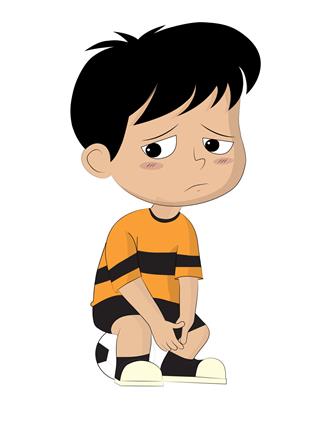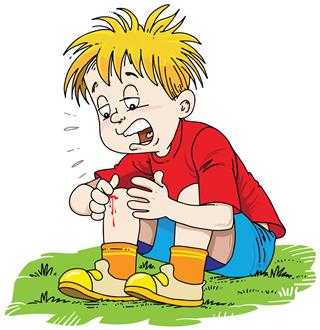
Prednisone is a steroid that is used to treat allergies, skin problems, and even asthma. As with most drugs, this one too has its side effects. Let us understand them better.
It is extremely necessary to understand the impact that medicinal drugs have on our body. It is further imperative to understand the side effects of drugs, especially when they are to be given to children.
Prednisone is one such drug that is used to treat a host of ailments in young children. These include asthma, skin disorders, adrenal hyperplasia, poison ivy, gastrointestinal and nervous system disorders, to name a few. Prednisone also regulates adrenal function, treats nephrotic syndrome, swellings, infantile spasms, and also hematologic and ophthalmic disorders. Being a low-cost and effective drug, it is often prescribed by doctors.
It is believed that the side effects of the drug will take effect if your child is prescribed a high dose, or continue taking prednisone for a long time. A fact to be noted is that any misuse or overdose can lead to some very serious side effects. When taken in small doses over a short duration, the side effects are reduced to a bare minimum.
How Prednisone Works
In the simplest sense, prednisone imitates the action of a natural protective hormone called cortisol. Cortisol is normally created in the adrenal gland, present above the kidney. The function of cortisol is to protect the body against the harmful effects of stress brought upon by injury or illness. Prednisone is a type of steroid that helps restore immunity levels, which malfunction as a result of illness or injury.
Side Effects
Limits the ability of adrenal gland: Continued usage of prednisone can increase the body’s dependence on artificial steroids, while diminishing the ability of the adrenal gland to secrete cortisol.
Brings about weight gain: The child may develop type 2 diabetes, and become obese as there is a significant increase in appetite. Additionally, digestive problems are observed as well.
Stunts regular growth: It interferes with the regular growth and development, thus affecting the factors associated with puberty. It has also been known to cause hirsutism.
Diminishes immunity: The child becomes more susceptible to infections (cold/flu) and contagious diseases as the immune system does not function normally.
Disrupts sleep patterns: Insomnia is another side effect of prednisone.
Causes mental and psychological disorders: Mania, mood swings, depression, hyperactivity, and euphoria have also been observed.
Lowers bone density: The child may develop osteoporosis as a result of weak bones.
Weakens the eyes: The child may suffer from eyesight-related issues – blurred vision or even cataract and glaucoma.
Reduces activeness: Muscle weakness is observed, making the child feel listless and dull.
Troubles the skin: Skin problems (acne, stretch marks) occur.
Additionally, it has been observed that children suffer from these side effects particularly when they take this drug for a long duration and stop it all of a sudden. Parents are well-advised to consult the doctor before discontinuing it abruptly, as a sudden withdrawal may cause one or more of these side effects to surface.
Prednisone Allergy
Ingestion of prednisone can cause some immediate side effects in children who could be allergic to it. You should consult your doctor if the following symptoms persist –
- If your child vomits, 30 minutes after having consumed the dose
- Your child seems depressed and listless
- Has trouble sleeping and gets nightmares
Medication should always be administered with great caution. When it comes to children, parents ought to be twice as careful. Make sure you consult your doctor before giving your child prednisone, as the dosage varies according to the nature of the ailment. Only a doctor would be able to decide the correct course of treatment.
Disclaimer: This article is for informative purposes only, and should not be used as a replacement for expert medical advice.







